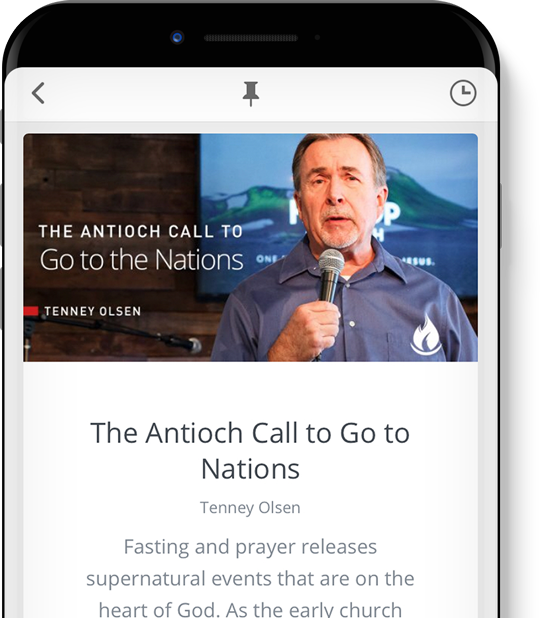This Thursday, May 6th, marks seven decades of American Presidents, by law, calling for a day of prayer for our nation. You can join us in Tallahassee at the Historic Florida Capitol. Though this year marks 70 years of a federal proclamation, the history of a national day of prayer goes back closer to 400 years.
In 1621, the first Thanksgiving was celebrated. It was known as the National Day of Praise and Thanksgiving, a cultural fall feast focusing on giving thanks to God. Can you guess the sister holiday that occurs in the spring?
If you guessed the sister holiday is what we now call the National Day of Prayer (observed the first Thursday of May), then you’re correct!
Historically, the national day of prayer and fasting was observed in the spring, and the national day of praise and Thanksgiving (later known as Thanksgiving) in the fall. 1
Abraham Lincoln said in a proclamation in 1863,
“We have grown in numbers, wealth and power, as no other nation has ever grown. But we have forgotten God. […] It behooves us then, to humble ourselves before the offended Power, to confess our national sins, and to pray for clemency and forgiveness.”2
Thomas Jefferson said he was,
“…under the conviction of the necessity of arousing our people from the lethargy into which they had fallen as to passing events; and thought that the appointment of a day of general fasting and prayer would be most likely to call up and alarm their attention.” 3
Jefferson later described the observance as like a “shock of electricity”. 4
John Hancock, as president of the Congress, wrote in June 1775 about a national day of prayer and fasting,
“…that we may, with united hearts and voices, unfeignedly confess and deplore our many sins, and offer up our joint supplications to the allwise, omnipotent, and merciful Disposer of all events…” 5
This history is nowhere near complete or exhaustive (especially because I’m no historian), but I hope these quotes and a little bit of this national history will spur you on to continue the tradition of looking to God in prayer and asking for His hand to be at work in our land.
- 1Religion and the Continental Congress, 1174–1789 Pp 83–85
- 2Proclamation Appointing a National Fast Day, March 30, 1863
- 3Religion and the Continental Congress, 1174–1789 Pp 84–85
- 4Ibid.
- 5Ibid.
 By
By 
